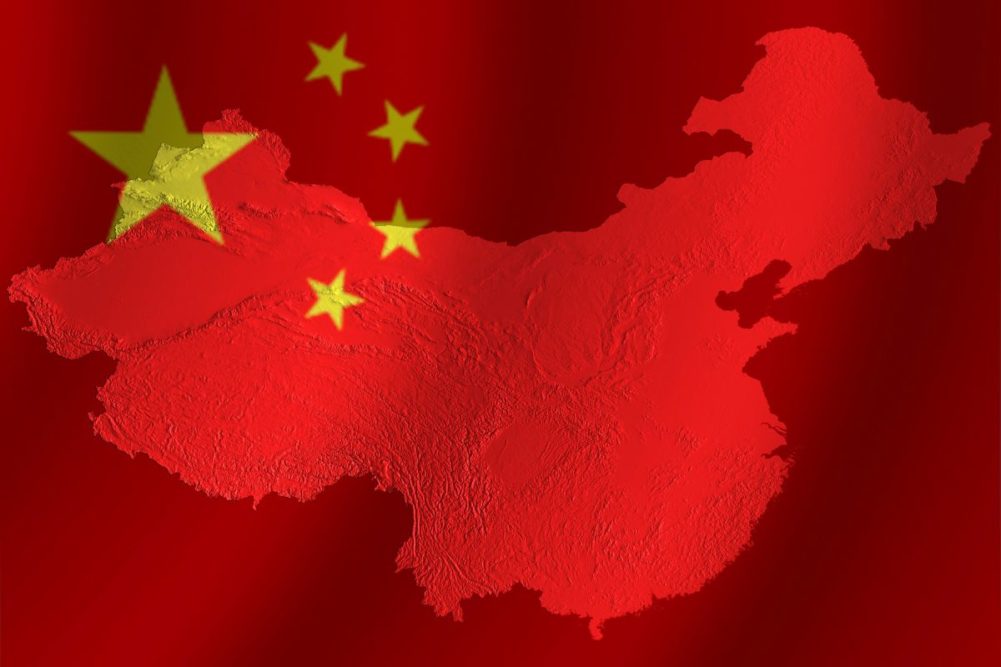KANSAS CITY, MISSOURI, US – With 1.4 billion mouths to feed, China has the distinction of being the world’s largest grains producer and its biggest importer. Although China’s population growth has stagnated in recent years due to its “one child” policy, allowing India to supplant it as the world’s most populous country, food security will remain a challenge for the Chinese government.
 Arvin Donley
Arvin DonleyMany of the country’s elder statesmen, including President Xi Jinping, lived through the Great Chinese Famine of 1959-61, in which at least 15 million people (some estimates say many more) starved to death. Considered the most powerful Chinese leader since Mao Zedong, Xi knows nothing can loosen the grip of power like widespread food insecurity.
As it has ascended on the world stage in the 21st century, China has become a net importer of agricultural products, according to a report from the Council on Foreign Relations, a US-based non-partisan think tank. It noted that between 2000 and 2020, China’s food self-sufficiency ratio decreased from 94% to 66%. To reverse this trend, China has made increasing domestic grain production a top priority.
Although a recent headline in the South China Post proclaimed that China would be 90% self-sufficient in grain by 2032, some industry analysts view that declaration with skepticism.
“It sounds really cynical, but I’ve been doing this for a long time, and every five years China says it’s going to be self-sufficient in five years,” Stephen Nicholson, global sector strategist for grains and oilseeds at Rabobank, told World Grain. “It has never happened, so I hate to say this, but you have to take that with a grain of salt. I don’t think they’ll ever be self-sufficient until they aren’t having to feed 1.4 billion people every year. The demographics are not in their favor.”
Other factors conspiring against that goal include a shrinking amount of arable land, climate change challenges, not being fully committed to GM crop production, and the changing dietary demands of its people. Despite its efforts to increase domestic production, the most important steps it is taking to guarantee food security are occurring on foreign soil, most notably the purchase of farmland and agricultural processing facilities. This has been met with resistance in some countries, particularly the United States, where recently a proposed Chinese purchase of a corn mill in North Dakota was halted for political reasons. But China has made many significant investments of this type around the world, particularly in soybean-rich South America as well as Africa, long viewed as having untapped potential as a grain producer.
China also increasingly is peddling influence globally, seeking to strengthen its relationships with like-minded countries and serving as a mediator in global disputes. In the Russia-Ukraine conflict, for example, Xi is playing both sides of the fence, having visited Russia in March to meet with Russian President Vladimir Putin and following that up with a lengthy phone call in late April to Ukraine President Volodymyr Zelensky that was described as cordial. Although more politically aligned with Russia, China has depended on Ukraine as one its most reliable grain suppliers for many years.
By taking these actions, China is positioning itself to increase not only its food supply but its standing as a global superpower. While on the surface it appears to be a win-win situation, it remains to be seen what the ultimate price tag will be for those countries that become indebted to China.
Arvin Donley is editor of World Grain.






